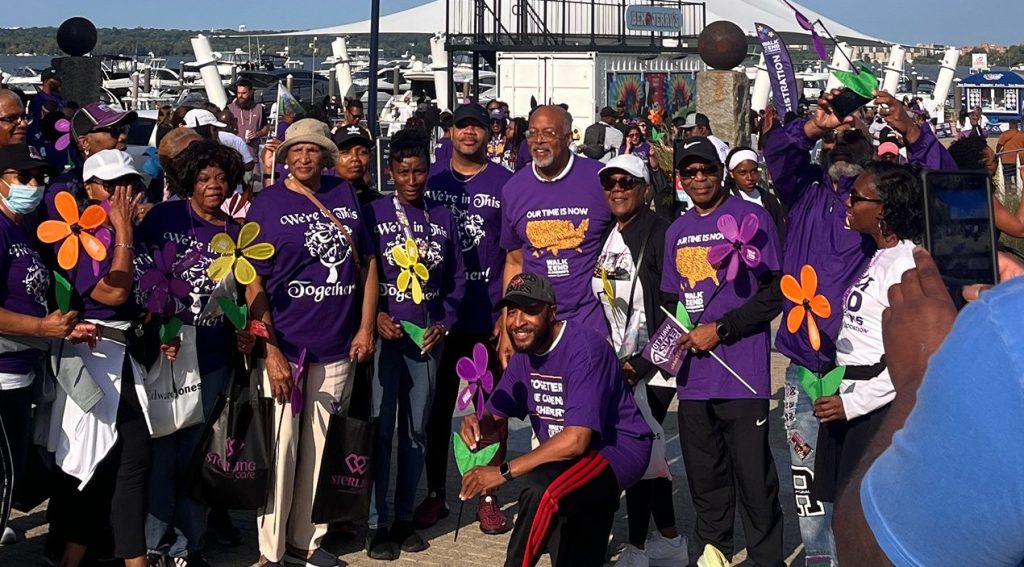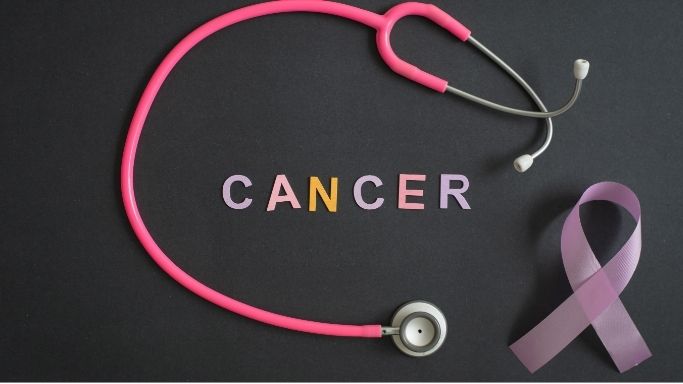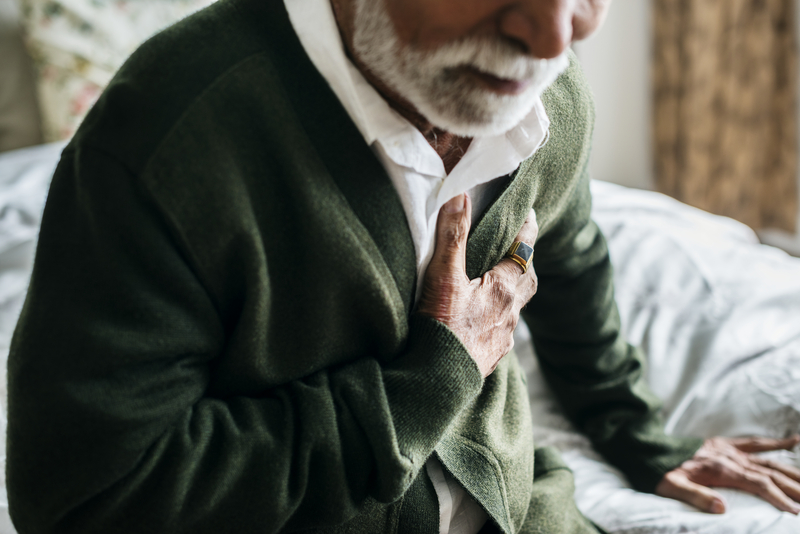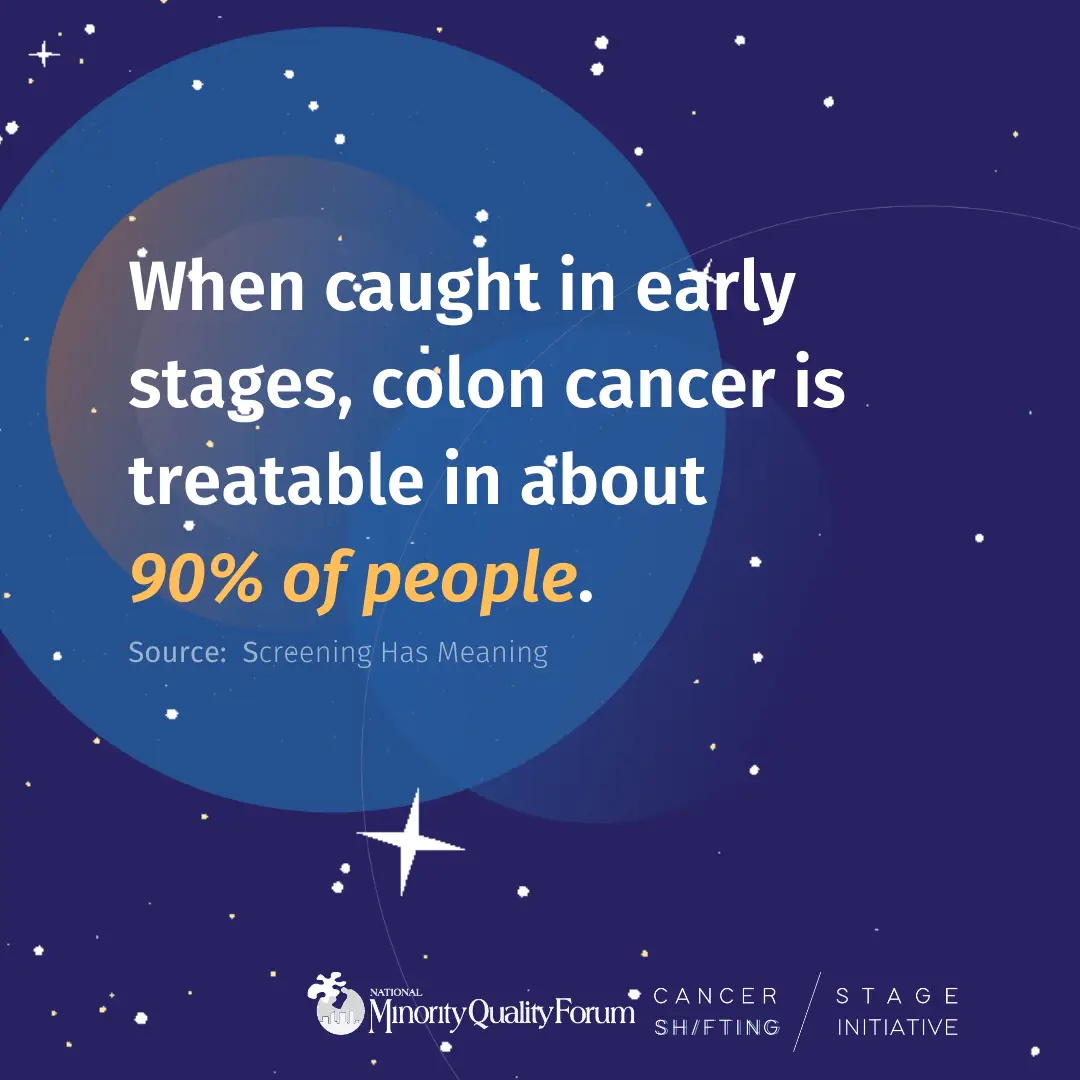
National Harbor, MD — The waterfront came alive in a sea of purple this past Saturday as families, caregivers, clinicians, and advocates gathered for the annual Alzheimer’s Walk at National Harbor. Under crisp morning skies, teams carried pinwheel flowers and hand-lettered signs honoring loved ones living with dementia and those they’ve lost—transforming the promenade into a moving tribute and a call to action.
Local leaders and partners turned out in force, including Congressman Glenn Ivey, who walked alongside constituents and greeted volunteer teams. Ivey thanked caregivers for their resilience and underscored the urgency of boosting support services and research that reflect the needs of every community across Prince George’s County and the region.
The program opened with the Walk’s signature Promise Garden ceremony, where participants lifted colorful flowers—blue, purple, yellow, and orange—symbolizing their personal connection to the cause. Moments later, a high-energy warmup set the pace, strollers and service dogs joined the route, and the crowd spilled onto the scenic path with cheers from onlookers and music from the main stage.
Around the plaza, community groups and health systems staffed resource tables offering memory-screening information, caregiver support group schedules, and guidance on navigating diagnosis and care planning. Volunteers helped first-timers set up team pages, while seasoned captains shared fundraising tips and stories that blended hope with hard-won experience.
Why the day mattered
-
Caregiver spotlight: The Walk centered caregivers—often family members—who shoulder daily responsibilities from medication management to appointments, frequently while balancing jobs and children.
-
Equity in focus: Organizers emphasized that dementia doesn’t affect every community equally. Black and Latino families face higher risks and barriers to timely diagnosis and care; closing those gaps requires culturally responsive outreach, local research engagement, and sustained policy attention.
-
Community connection: Beyond fundraising, the Walk offered something rare and vital: a space to be seen, heard, and supported—whether you’re newly navigating memory changes or years into a caregiving journey.
How you can help—today
-
Donate or start a team to fuel research, caregiver training, and 24/7 support services.
-
Share your story on social media to reduce stigma and help others recognize early signs.
-
Volunteer locally—from event set-up to year-round caregiver support.
-
Learn the signs of dementia and talk to your clinician about concerns early.
As the crowd dispersed and the last clusters of purple shirts left the plaza, one thing was clear: the momentum built at National Harbor won’t end with a finish line. With community voice, compassionate policy, and practical support for families, progress against Alzheimer’s is not just possible—it’s already underway.
Trending Topics
Features
- Drive Toolkit
Download and distribute powerful vaccination QI resources for your community.
- Health Champions
Sign up now to support health equity and sustainable health outcomes in your community.
- Cancer Early Detection
MCED tests use a simple blood draw to screen for many kinds of cancer at once.
- PR
FYHN is a bridge connecting health information providers to BIPOC communities in a trusted environment.
- Medicare
Discover an honest look at our Medicare system.
- Alliance for Representative Clinical Trials
ARC was launched to create a network of community clinicians to diversify and bring clinical trials to communities of color and other communities that have been underrepresented.
- Reducing Patient Risk
The single most important purpose of our healthcare system is to reduce patient risk for an acute event.
- Jessica Wilson
- Victor Mejia
- Jessica Wilson


















